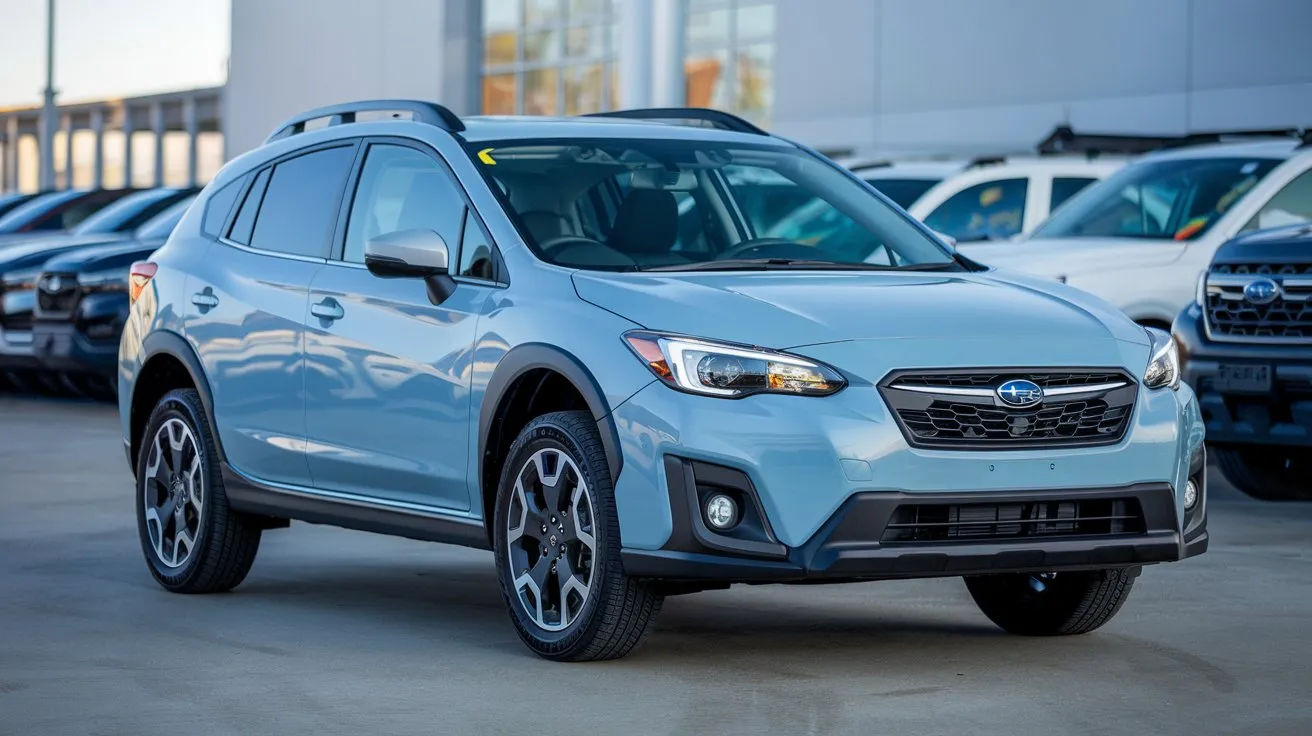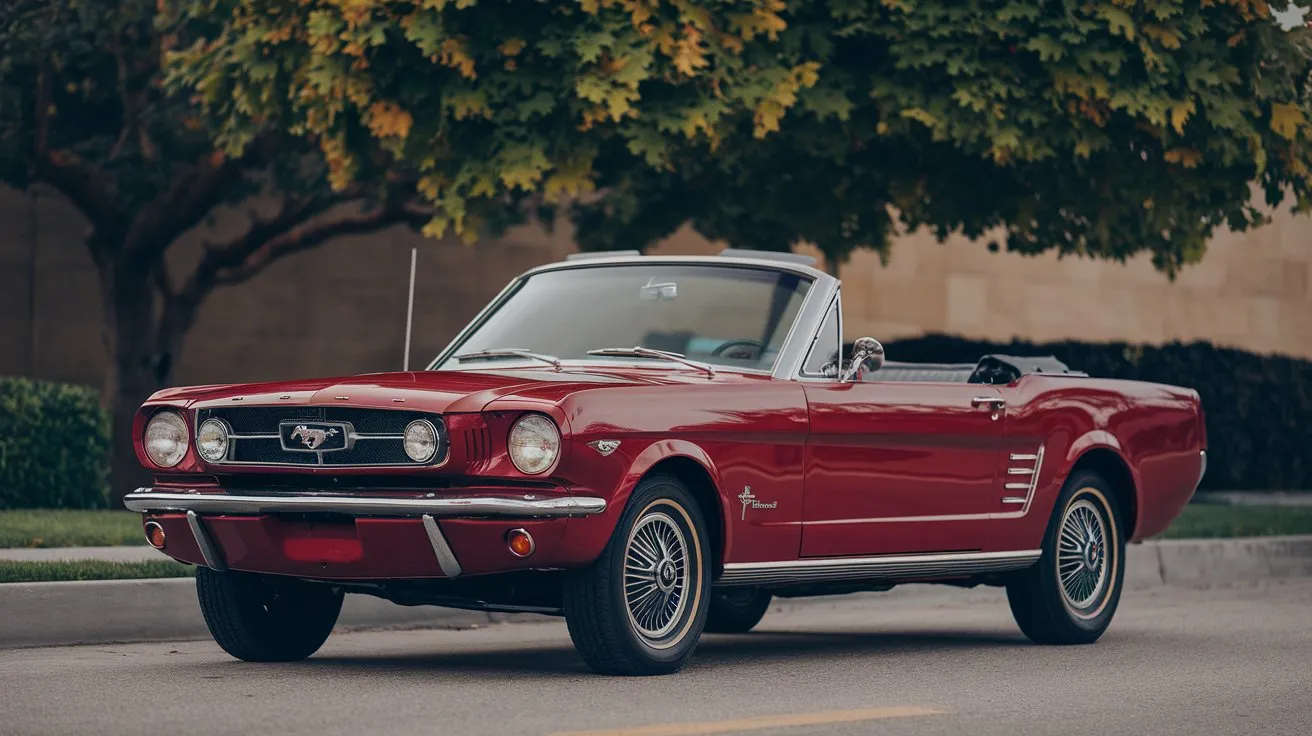Why You Need a Pre-Purchase Inspection (PPI) When Buying a Used Car

As exciting as it can be to find your dream vehicle at a desirable used car price, it also opens you up to significant risks if you don’t take the proper precautions. A used car’s issues and full history may not be visible, leaving you vulnerable to costly repairs and undisclosed damage down the road if you’re not careful.
The Dangers of Skipping the Pre-Purchase Inspection
For example, one buyer learned this lesson the hard way. They purchased what they thought was a certified pre-owned (CPO) truck from a reputable dealership. The carfax report and dealer disclosures stated it had just one previous owner with no accident history or airbag deployments. However, when the buyer later tried to trade it in, a second dealership’s history report uncovered some startling information. It revealed the truck had actually been involved in two separate accidents - a minor front-end incident and then a moderate to severe collision causing left front fender damage and airbag deployment. Despite the CPO certification process supposedly involving mechanical and body panel inspections, none of this accident history had been disclosed or discovered during the original purchase. Ultimately, this reduced the vehicle’s trade-in value by $5,000-7,000.
Horror stories like this highlight just how crucial it is to get an unbiased pre-purchase inspection (PPI) performed by qualified mechanics before buying any used car - whether from a private seller or dealership. A PPI is a comprehensive, multi-point examination that leaves no stone unturned in assessing the vehicle’s true condition.
What a Used Car Pre-Purchase Inspection Involves
During a PPI, the mechanics will put the car through a full operational test drive to check for abnormal noises, pulling, stalling or other drivability issues. They’ll connect directly to the vehicle’s computer system to pull diagnostic codes and reports from all modules across the engine, transmission, brakes, emissions and more.
A thorough visual inspection will then examine all major components and systems:
-
Engine - checking for leaks, damage, proper maintenance
-
Transmission - ensuring proper operation and no unusual behavior
-
Brakes - measuring pad/rotor life and testing complete functionality
-
Suspension - inspecting shocks, struts, bushings, control arms, etc.
-
Undercarriage - assessing frame, exhaust system, driveline, fuel/brake lines
-
Electrical - testing lights, accessories, battery, alternator, wiring
-
Tires - checking tread life, ages, potential cupping/feathering issues
-
Bodywork - identifying any repair work or previous damage
Essentially, the inspectors will expose any underlying issues, repair needs or problematic symptoms that an untrained eye could easily miss. At the conclusion, you’ll receive a full report with pictures and videos documenting all findings along with recommended repairs if needed.
Why An Inspection Is Worth the Investment
This detailed inspection report then arms you with powerful knowledge and leverage in negotiating an appropriate price that accounts for the vehicle’s condition. You can request repairs be made before purchase, push for a lower price due to needed work, or simply walk away before overpaying for a problematic vehicle. Without this third-party inspection, you’re left vulnerable to inheriting issues and could end up paying thousands more than expected in repairs and devaluation down the road.
While the PPI inspection fee of $100-300 may seem like an added upfront cost, it’s a wise and worthwhile investment toward protecting yourself as a used car buyer. Why take that risk when comprehensive peace of mind, transparency and negotiating leverage is available for a very reasonable price? Treat your prospective used car purchase like the major investment it is – get the pre-purchase inspection to truly understand what you’re getting into beforehand. Don’t let undisclosed issues burn your wallet later.
Another key advantage of getting a pre-purchase inspection is the ability to make an informed decision free of emotional bias. When you’re excited about a particular used vehicle prospect, it can be easy to overlook or rationalize potential issues. However, the inspection report provides an unbiased, fact-based assessment from experienced professionals. With their trained eye and comprehensive testing, the inspectors can save you from being blinded by price, emotions, or a used car’s shiny exterior. Their mechanical truth-telling empowers you to walk away from a problematic vehicle you may have tried to convince yourself was acceptable. Protecting your long-term interests, finances, and safety becomes the top priority.
No matter how reputable the seller or how clean the vehicle appears, do not skip this crucial step. Make the pre-purchase inspection a non-negotiable box to check before signing any paperwork or handing over your hard-earned money. An investment of $100-300 now can potentially save you thousands in the long run. Avoid the stress, hassle, and costs of inheriting someone else’s automotive headache - get the PPI.
About the Author
John Coleman
Founder, Spokane Preinspection
I started Spokane Preinspection with one goal: make buying a used car easier, faster, and more fair. Every inspection we do puts real information in buyers' hands so they can make confident decisions.
Learn More About Us →Ready to Buy or Sell With Confidence?
Book a professional pre-purchase inspection and know exactly what you're dealing with.
Book Inspection

